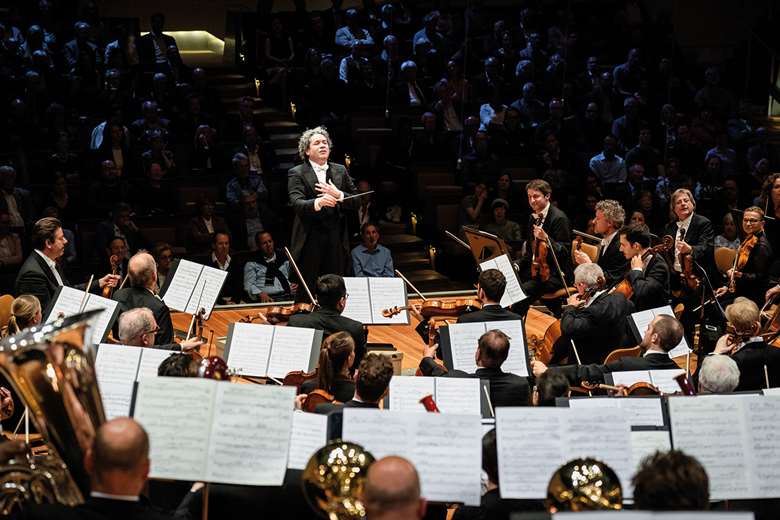Online concerts & events to enjoy this month: Pärnu Festival, Dudamel's Mahler in Berlin, Opera North's Albert Herring
Andrew Mellor
Friday, October 4, 2024
Andrew Mellor explores a range of web-based concerts and operas

Register now to continue reading
Thanks for exploring the Gramophone website. Sign up for a free account today to enjoy the following benefits:
- Free access to 3 subscriber-only articles per month
- Unlimited access to our news, podcasts and awards pages
- Free weekly email newsletter







